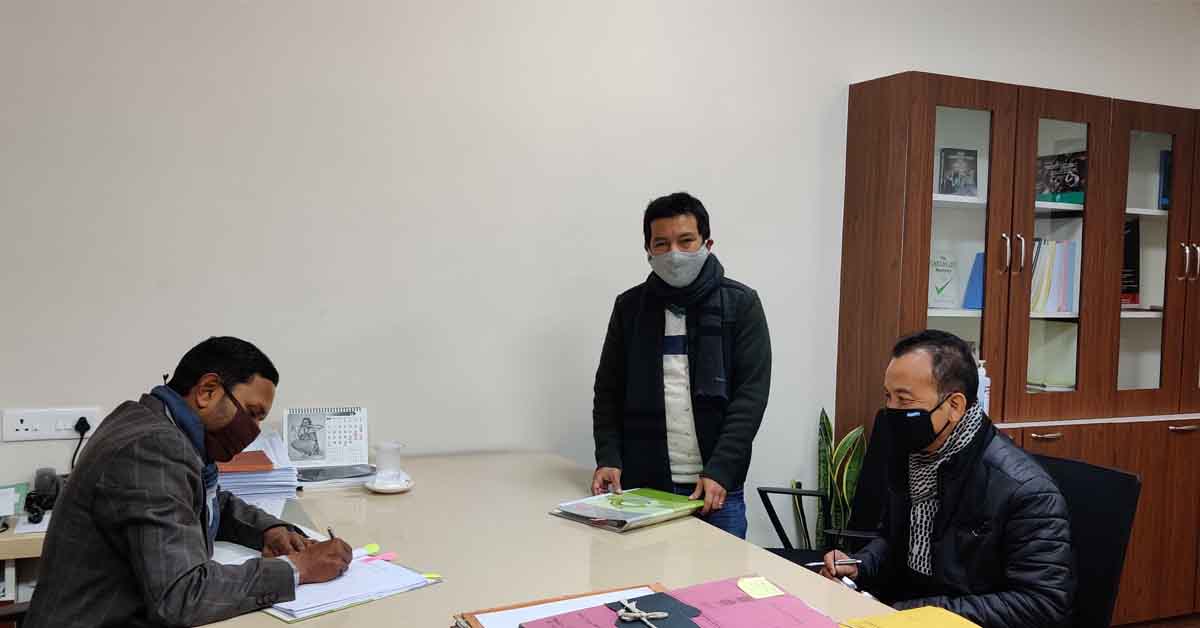
A landmark agreement was signed in Meghalaya on December 16, 2020, that would see the implementation of one-of-a-kind effort to train every single village on proper and sustainable Natural Resource Management (NRM).
Meghalaya is one of the richest states in terms of natural resources, from rainfall to minerals and flora and fauna, yet the state falls behind in terms of development due to improper management of these resources.
In the past few years, the state has been making significant investments into NRM.
Under MGNREGA, the largest programme supporting NRM, investment into overall NRM grew from 24% of the total budget in 2018-19 to 45 per cent in 2020-21, with a total of Rs 270 crores.
For water-specific activities, investment in the same period grew from 11 per cent to 20 per cent, with an amount of Rs 115 Crores and one quarter still remaining.
Similarly, significant investments are being made through the Externally Aided Projects (EAPs).
Rs. 62 Crores has been invested through the IFAD funded Meghalaya Livelihood and Access to Markets Project (Megha-LAMP) and another 37 crores have been invested through the World Bank-funded Community-Led Landscape Management Project (CLLMP).
Meghalaya also has a State Water Policy to guide implementation of NRM, particularly water-related interventions in the state.
It is the first state in the country to do so.
The agreement which was signed between the Meghalaya Basin Management Agency (MBMA) and the Soil and Water Conservation Department (SWCD) under the CLLMP project, will enable the state to launch a statewide awareness campaign on NRM, which would be conducted by the department in every single village.
Further, in line with the State Water Policy, three active and committed youth or village facilitators from each village will be given intensive training on NRM that would enable them to prepare NRM plans for their respective villages under the guidance of the department.
It may be noted that the success of NRM initiatives typically rest on how well planning is done as NRM is holistic in nature, often requiring multiple coordinated activities to address the root cause of the problems and not just the symptoms.
Each plan would be vetted and made part of the annual work plan of the VECs for implementation under MGNREGA, which currently earmarks 60% of its funds for NRM related activities.
Along with this, the department will also build the capacity of government functionaries who are engaged in NRM to enhance its technical capability.
This ambitious exercise would be completed over a period of one year and at the end would build a cadre of about twenty thousand Village Facilitators (community professionals) who will play key roles in all ongoing as well as future efforts related to NRM both at the government and the community level.
To monitor and keep track of the entire exercise, digital platforms have been developed which will monitor the footprint of every training, provide the government with a dashboard for decision making and enable trainees to have access to various training resources generated whenever needed.
ALSO READ | Meghalaya Initiates Step To Address High MMR, IMR
The Story Mug, a Guwahati-based blogzine, believes in telling stories that matter.